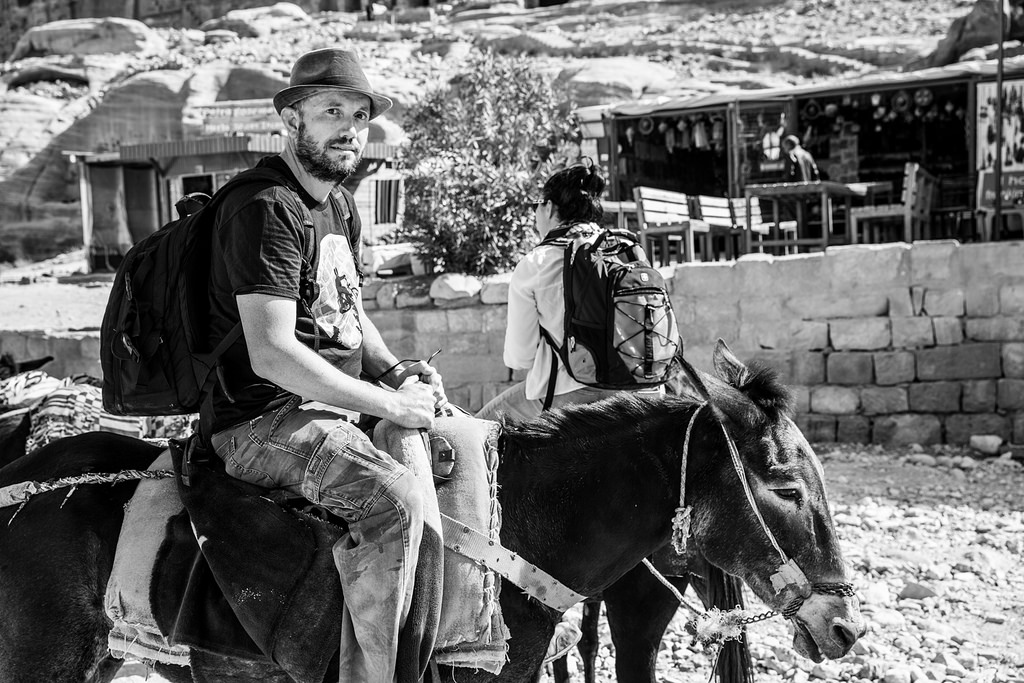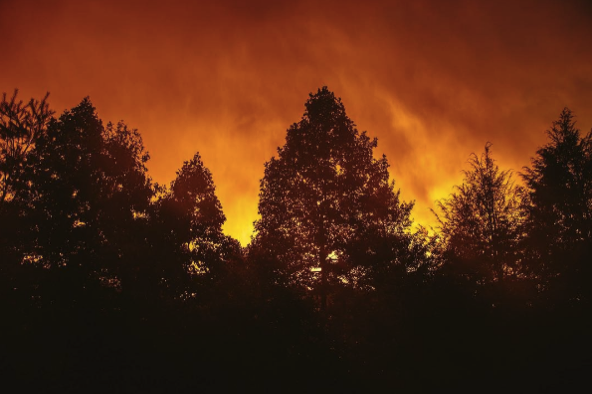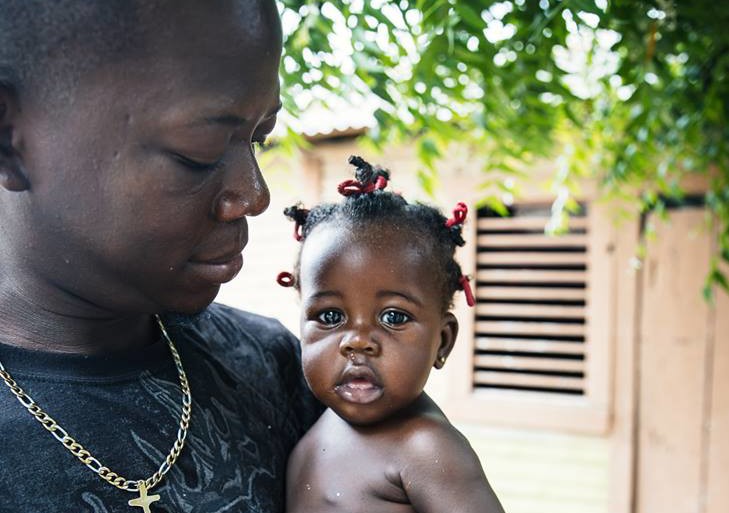**Trigger warning: This post discusses rape of a minor, sexual assault against a minor, silencing, and cultural patriarchy.**
Lydia is beautiful. At 7-months old, she’s looking at me from where she sits on her momma’s lap; she appears happy, healthy, content, loved. Her momma, whose face I will not show and who I will only refer to as J to protect her identity, is gently bouncing her sweet baby girl atop of her knees, listening to Rose, J’s grandmother, brag about how smart she is and how much potential she believes her granddaughter possesses. J has lived with her grandmother since she was 6 years old, having moved in with her after the death of her mom.
A few minutes later, after J has handed Lydia to her grandmother and left the front porch of their home in order to protect her from reliving the details of the last 19 months, Rose begins sharing about the day that everything in her granddaughter’s life changed.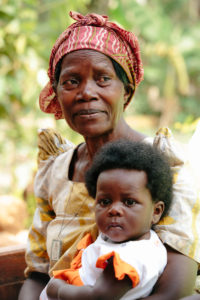
J was 15 at the time and walking home from school a bit later than usual. As the sun began setting and dusk fell against the path she walked nearly every day, J noticed a man whom she did not know was following her, a man who brutally attacked and raped her. J told her grandmother what happened and despite Rose believing her story, they did not immediately report the crime to the authorities because 1) they were afraid that the perpetrator might know where they live and try to bring more harm to J, 2) they knew that rape incidences rarely receive the attention they deserve due to the lack of law enforcement, and 3) they were afraid that the repercussions of telling their truth would bring judgment from the community and J’s classmates. Moreover, even if law enforcement did track down the man who raped J, the chances of him going to trial were weak—and even if he did go to trial, conviction of rapists is rare.
Rose poured all of her energy into helping J process what happened; she was mostly concerned for her granddaughter’s health, her emotional well being, and her education.
One month after being raped, J returned to school. Soon after, teachers began expressing concern to Rose about J’s spirit, telling her that J seemed sad, distant, quiet. Eventually, nearly 4 months after the rape, J’s teachers, having been trained at recognizing signs of trauma by World Vision’s Child Protection leaders, contacted Rose again to inform her that they believed J might be pregnant. A few days later, J took a pregnancy test and was told that she was 4 months pregnant.
In addition to working alongside schools to help teachers recognize and assist children who are experiencing trauma or in need of protection, World Vision also educates and empowers volunteers in the community to help assist children and their families navigate difficult circumstances. These volunteers are, in a way, like caseworkers who help to counsel a child/family through health care decisions and legal systems.
After finding out she was pregnant, a World Vision caseworker began helping Rose and J work through a myriad of important details. In addition to securing prenatal care for J, he also helped arrange for her to have an HIV test. Moreover, the caseworker also assisted J in negotiations with her school, advocating for her to be able to take the testing necessary to ensure she would be accepted into a secondary school.
However, negotiating with her school was not easy. Many among the school’s administration questioned J’s story. In fact, after meeting J and her family, I visited her school and met a couple of the men who sat on the school’s administration board. One of those individuals was the school’s headmaster. Upon him opening his mouth, I became acutely aware as to why Rose encouraged J to remain silent about her rape in the beginning. Upon being asked a few questions about J’s story, I listened as the school’s headmaster not only suggested that J was mentally unstable, but he also said that he did not believe that she was raped.
****
In Uganda, victims of rape and sexual violence are silenced with fear. They are silenced by a culture that is dominated by a steep tradition of patriarchy that often gives men the benefit of the doubt and seeks ways in which to undermine a woman’s story. While there are those who are fighting for change in how Uganda addresses rape and sexual violence— including representatives from World Vision—that change is likely to come very slowly. In a culture where communities still exist that require females to kneel when a male enters a room or their proximity, the laws and those who enforce these laws do not encourage women to speak up and tell their stories, they more often inspire silence.
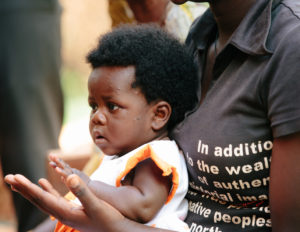
And unfortunately, J’s story is not an anomaly. According to the Uganda Demographic and Health Survey, nearly 1 in 4 women between the ages of 15 and 49 reported that their first sexual experience was forced against their will. More than half of the women surveyed said that they were sexually violated before the age of 18. Another survey, one called the National Report on Sexual and Gender-based Violence from 2011, found that between 33 percent and 66 percent of sexual assault victims are 15 years old or younger.
With World Vision’s help, Rose did file J’s rape with the local authorities. And while there are a couple of leads in her case, justice in cases of sexual violence are a long uphill battle and convictions are quite rare.
****
J did pass her primary-7 testing and is currently pursuing her secondary education. Two years ago, J had hopes and dreams of being a teacher. While the statistics suggest that her dream is all but null, Rose and J are still holding out hope and doing the best they can amid their circumstances.
With World Vision’s assistance, J is now fully acclimated as a mom. Not only has World Vision helped train her on how to take care of Lydia, they are also providing J with baby formula and other basic needs for a new baby.
When discussing J’s future, Rose wipes a tear away from her face. “My heart desires for her to have a good future…”
She sighs and smiles again. “It’s now in God’s hands.”
Child sponsorship through World Vision helps protect children like J and Lydia. When you sponsor a child, you’re not simply helping an individual—you’re giving an entire community hope. Please consider sponsoring a child from Uganda today.

